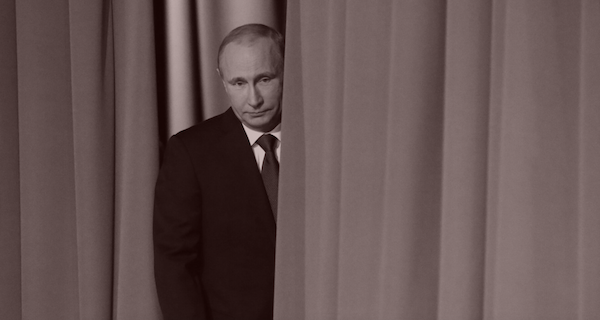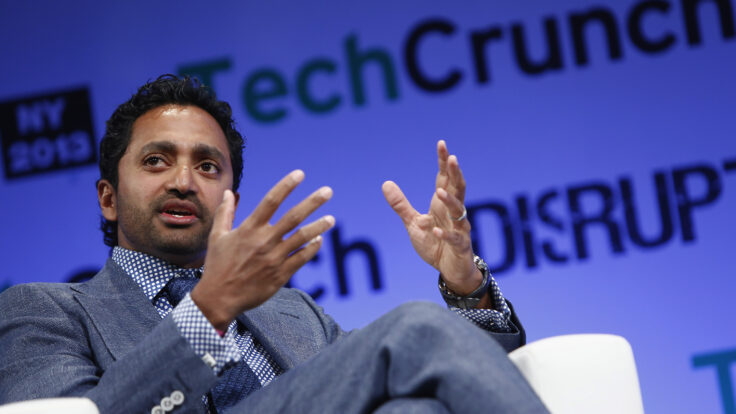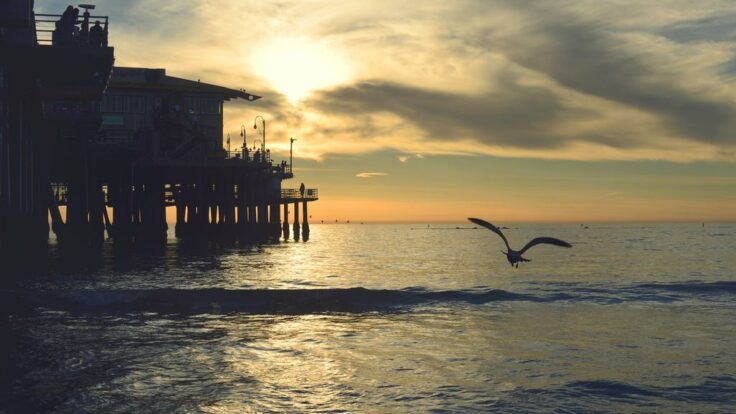|
Good evening!
And welcome back to Tomorrow Will Be Worse, my dispatch from Washington, D.C. If you’re enjoying these free previews of my work, please subscribe to receive the full version, as well as the fantastic work of my colleagues Tina Nguyen, Dylan Byers, Matt Belloni, and others. (And yes, we’re having as much fun as it seems.)
Now that Biden is president, Putin seems to want to make sure that his point of view and priorities are considered, too; that he is seen as an equal and as someone to be reckoned with. To do that, he has imposed himself on the news cycle—and into the White House’s priorities, with plenty of tricks up his sleeve. On Tuesday, Presidents Joe Biden and Vladimir Putin spoke for more than two hours over video conference to discuss the massive buildup of Russia’s military forces on its border with Ukraine. The call came together quickly after the Kremlin made it known that it expected a conversation between Biden and Putin by the end of the year, implying that all the other contacts from American officials—National Security Advisor Jake Sullivan, Secretary of State Antony Blinken, C.I.A. director Bill Burns—were not enough. Instead, Putin got another bilateral meeting with Biden, his second in six months.
On Monday, I wrote to you about the background and context of this virtual summit—as well as what was at stake. Today, I’d like to share some thoughts with you about how I think it went and what, if anything, we know today that we didn’t know two days ago.
In the 24 hours since the meeting ended, Putin and Biden, as well as some of their emissaries, have taken to the Russian and American media to spin the summit. On the American side were Sullivan and Victoria Nuland, the Under Secretary of State for Political Affairs and a known Russia hawk. (Her handing out snacks to protestors on Kyiv’s Maidan during the pro-European revolution in 2013 has made her a radioactive bogeyman in Russia, though the Kremlin lifted its sanctions on her to allow her to come to Moscow for talks in October.) Both Nuland and Sullivan were stern and unyielding. Nuland said America and its allies “will be united in imposing severe consequences on Moscow for its actions, including high impact economic measures that we have refrained from using in the past.” Echoing her, a stone-faced Sullivan cautioned that, if Russia invaded Ukraine, the Nordstream II pipeline would remain unfinished forever and that the U.S. would do “things we did not do in 2014,” when Russia first invaded Ukraine...
FOUR STORIES WE'RE TALKING ABOUT As with most public breakups, there’s more to this story of bruised egos and botched timelines. MATTHEW BELLONI Washington is run by an aging class of lawmakers totally unwilling to relinquish their power. But, actually, is that as bad as it sounds? JULIA IOFFE The line between philanthropy and politics has been obliterated. The upshot is that even more money is moving into the shadows. TEDDY SCHLEIFER A tale of the embattled Ozy founder, a turkey club sandwich, and a misadventure in crisis management. WILLIAM D. COHAN
|
-
Join Puck
Directly Supporting Authors
A new economic model in which writers are also partners in the business.
Personalized Subscriptions
Customize your settings to receive the newsletters you want from the authors you follow.
Stay in the Know
Connect directly with Puck talent through email and exclusive events.

















